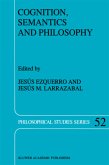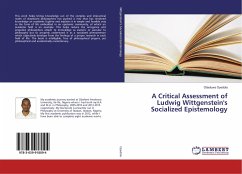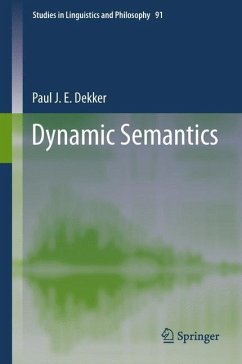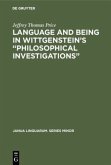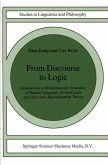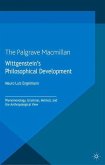This book is a study of Wittgenstein's descriptive, improvisational, and performative art of philosophical investigation. In addition to clarifying the nature of Wittgenstein's grammatical investigations, this study highlights several neglected aspects of his work: its humour and playfulness, its collaborative nature, and its emphasis on the imagination. These aspects often become distorted under the pressure of theory and argumentation, resulting in interpretations that equate grammatical investigation with confession, therapy, or a common sense view of the world. After presenting Wittgenstein's art of investigation in part one, this study challenges these dominant and influential interpretations in part two.
The volume examines Wittgenstein's mottos, forewords, and dedications. It looks at the art of his philosophical and grammatical investigations, linking it to drama and improvisation. The book discusses the complexity and subtlety of Wittgenstein's response to Augustine in the opening of the Investigations, and Wittgenstein's response to Moore's defence of common sense in On Certainty. The book also examines three kinds of therapeutic readings: those that compare Wittgenstein's philosophy to psychoanalysis, those that compare his philosophy to therapy generally, and those that describe philosophy itself as an illness or as the cause of illness.
The volume examines Wittgenstein's mottos, forewords, and dedications. It looks at the art of his philosophical and grammatical investigations, linking it to drama and improvisation. The book discusses the complexity and subtlety of Wittgenstein's response to Augustine in the opening of the Investigations, and Wittgenstein's response to Moore's defence of common sense in On Certainty. The book also examines three kinds of therapeutic readings: those that compare Wittgenstein's philosophy to psychoanalysis, those that compare his philosophy to therapy generally, and those that describe philosophy itself as an illness or as the cause of illness.



